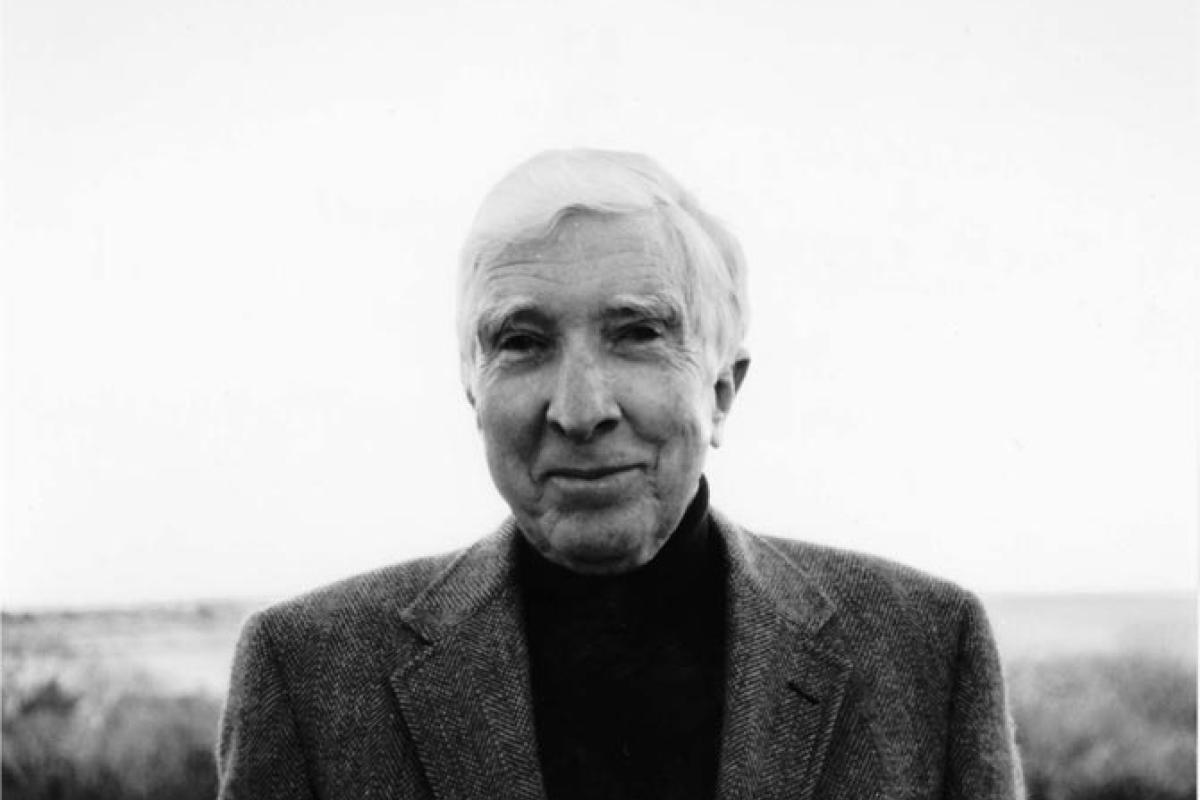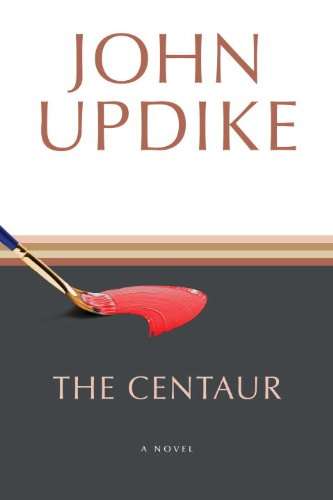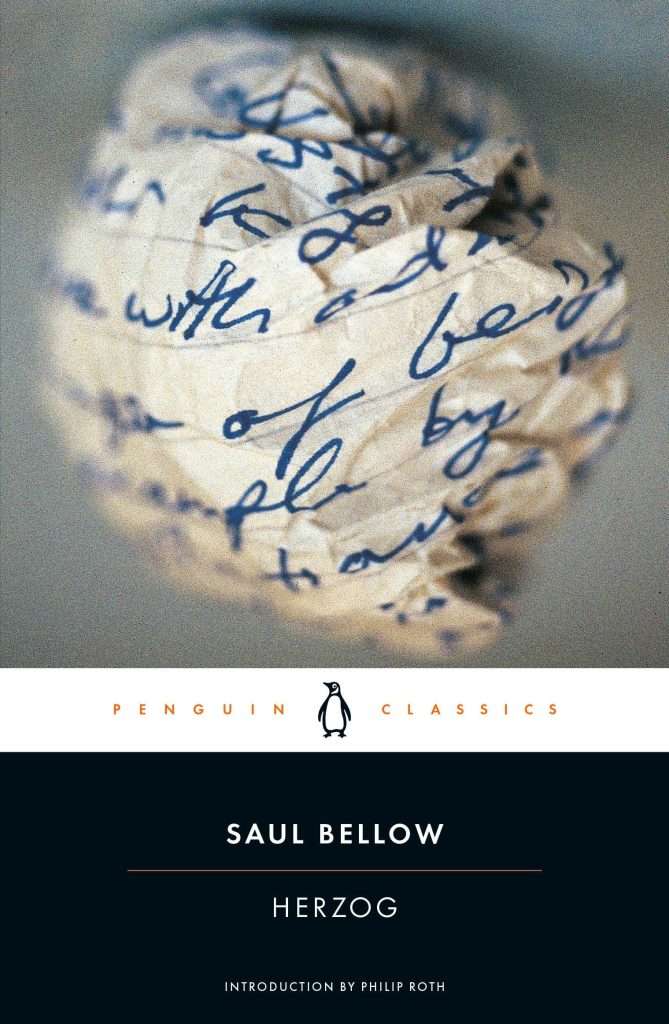
John Updike was an American author and literary critic, born on March 18, 1932, in Reading, Pennsylvania. He is best known for his prolific writing career, which spanned over five decades, and produced more than sixty books, including novels, short story collections, poetry, and literary criticism.
Updike’s early life was marked by his love of reading and writing, which he developed as a child. He attended Harvard University on a scholarship and graduated in 1954 with a degree in English. After graduation, he worked briefly for The New Yorker magazine before moving to England, where he spent a year studying at the Ruskin School of Drawing and Fine Art at Oxford University.
Updike’s first book, a collection of poems titled “The Carpentered Hen,” was published in 1958, and his first novel, “The Poorhouse Fair,” followed in 1959. His breakout novel, “Rabbit, Run,” was published in 1960 and became a critical and commercial success, winning the National Book Award.
Throughout his career, Updike explored the themes of American life, marriage, and infidelity. His prose style was marked by its precise and vivid descriptions, its attention to detail, and its ability to capture the complexities of human emotion.
In addition to his fiction writing, Updike was also a prolific literary critic, contributing essays and reviews to a variety of publications, including The New Yorker, The New York Times Book Review, and The Atlantic Monthly.
Updike received numerous awards and honors throughout his career, including the Pulitzer Prize for Fiction twice, for his novels “Rabbit is Rich” (1982) and “Rabbit at Rest” (1990). He was also awarded the National Book Award for his novel “The Centaur” (1963) and received the National Humanities Medal from President Barack Obama in 2009.
John Updike died on January 27, 2009, at the age of 76. Though the Nobel Prize has eluded him, he is remembered as one of the most accomplished American writers of the 20th century, and his influence on American literature continues to be felt today.
Updike’s Friendships
John Updike had many literary friends throughout his life and career, but there are a few notable figures of letters who were particularly close to him:
Norman Mailer: Updike and Mailer had a complex relationship, but they respected each other’s work and often found themselves in competition for literary prizes. They occasionally exchanged letters and engaged in public debates about politics and literature.
Philip Roth: Updike and Roth were longtime friends and mutual admirers of each other’s work. They often discussed their writing with each other and occasionally wrote about each other’s work in reviews and essays.
Joyce Carol Oates: Updike and Oates were both prolific writers who shared an interest in exploring the darker aspects of human nature. They corresponded frequently and occasionally appeared together at literary events.
Richard Ford: Updike and Ford became friends in the 1980s, when Ford was a relatively unknown writer. They exchanged letters and reviewed each other’s work, and Updike praised Ford’s novel “Independence Day” when it won the Pulitzer Prize.
Saul Bellow: Updike and Bellow were both major figures in American literature, and they occasionally met and corresponded over the years. Updike praised Bellow’s work in reviews and essays, and Bellow in turn acknowledged Updike’s talent as a writer.
Updike’s literary circle was wide and varied, and he was known for his generosity and support of other writers.
Updike’s books OVID recommends:
The Centaur
The Centaur is a modern retelling of the legend of Chiron, the noblest and wisest of the centaurs, who, painfully wounded yet unable to die, gave up his immortality on behalf of Prometheus.
Awards
Some of the major awards won by John Updike:
- National Book Award for Fiction (1964) – “The Centaur”
- National Book Critics Circle Award for Fiction (1975) – “Marry Me”
- Pulitzer Prize for Fiction (1982) – “Rabbit is Rich”
- National Book Critics Circle Award for Fiction (1982) – “Rabbit is Rich”
- National Book Award for Fiction (1982) – “Rabbit is Rich”
- National Book Critics Circle Award for Criticism (1983) – “Hugging the Shore”
- National Book Award for Fiction (1991) – “Rabbit at Rest”
- Pulitzer Prize for Fiction (1991) – “Rabbit at Rest”
- National Humanities Medal (2003)
- Man Booker International Prize (2008) – Lifetime Achievement
Bibliography
As a prolific writer, Updike wrote a ton of books, and the full bibliography of published works is here:
Novels:
- The Poorhouse Fair (1959)
- Rabbit, Run (1960)
- The Centaur (1963)
- Of the Farm (1965)
- Couples (1968)
- Rabbit Redux (1971)
- A Month of Sundays (1975)
- Marry Me (1976)
- Rabbit is Rich (1982)
- Roger’s Version (1986)
- S (1988)
- Rabbit at Rest (1990)
- Memories of the Ford Administration (1992)
- Brazil (1994)
- In the Beauty of the Lilies (1996)
- Toward the End of Time (1997)
- Gertrude and Claudius (2000)
- Seek My Face (2002)
- Villages (2004)
- Terrorist (2006)
- The Widows of Eastwick (2008)
Short Story Collections:
- The Same Door (1959)
- Pigeon Feathers (1962)
- Olinger Stories (1964)
- The Music School (1966)
- Museums and Women (1972)
- Problems and Other Stories (1979)
- Trust Me (1987)
- The Afterlife and Other Stories (1994)
- Licks of Love: Short Stories and a Sequel, “Rabbit Remembered” (2000)
- My Father’s Tears and Other Stories (2009)
Nonfiction:
- Assorted Prose (1965)
- Picked-Up Pieces (1975)
- Hugging the Shore (1983)
- Odd Jobs (1991)
- Golf Dreams: Writings on Golf (1996)
- More Matter (1999)
- Still Looking: Essays on American Art (2005)
- Due Considerations: Essays and Criticism (2007)
- Higher Gossip: Essays and Criticism (2011)
- Always Looking: Essays on Art (2012)
Poetry:
- The Carpentered Hen and Other Tame Creatures (1958)
- Telephone Poles and Other Poems (1963)
- Midpoint and Other Poems (1969)
- Tossing and Turning (1977)
- Facing Nature (1985)
- Collected Poems: 1953-1993 (1993)
Plays:
- Buchanan Dying (1974)
- The Carpentered Hen (1958)












